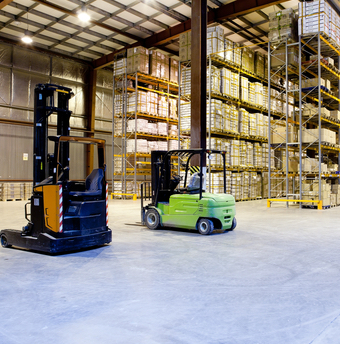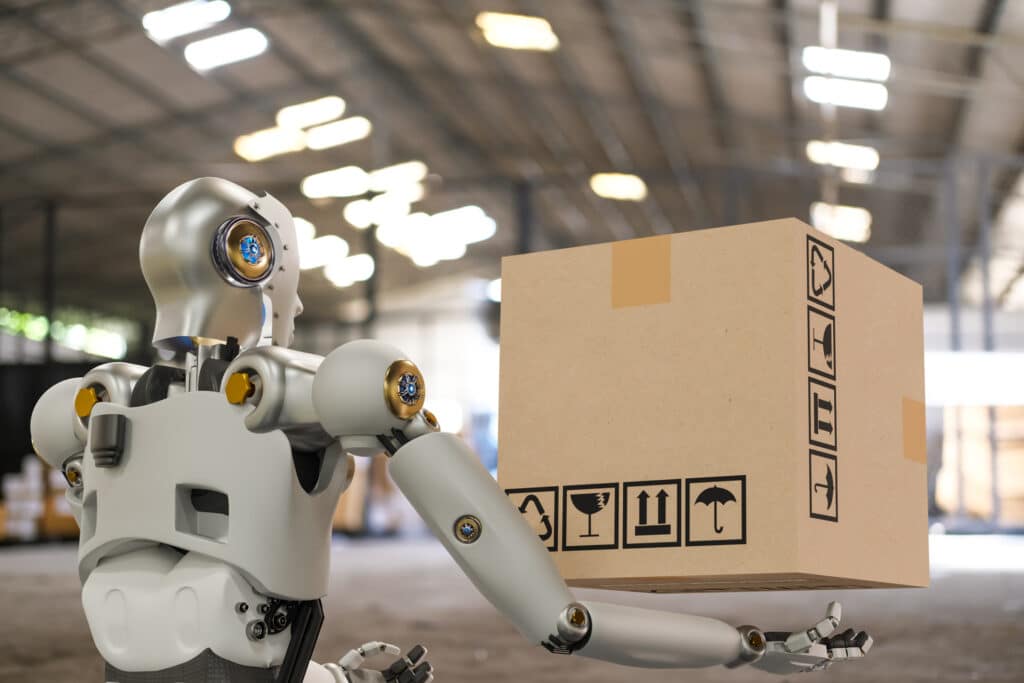When companies contact consulting firms to help expand their distribution capacities, it is often specifically to help with Warehouse Automation. They are looking for assistance with their processes–whether for design, implementation or both. It is an inherent assumption that, once achieving or projecting certain output or order volume levels, they must automate to mirror others in their industry to be successful. But is warehouse automation always essential to long-term growth and success?
While most of us find automation to be fun and an exciting project (it’s personally one of my favorites), I think too many companies may skip an important step. Detailed growth planning should come first to actually determine whether automation is the best solution for their specific business needs.
Pros and Cons of Warehouse Automation:
The Pros
- Increased output by changing the processes, sometimes within the same footprint.
- Reduction in labor hours and thus operating cost required to achieve the growth.
- Reduced dependency on labor markets when tight; it may be a necessity to automate.
- Reduced annual hiring, training and layoff cycles for predictable seasonal work spikes.
- Repeatable, reliable process results and quality for those within the design scope.
- Utilizing the latest in available technology to get a jump on the competition.
- Creating an appealing place to work to attract a talented work force.
The Cons
- Existing employees must be retrained to new processes, sometimes to a higher technical aptitude.
- Introducing risk and interruption to an already successful, growing business.
- High capital cost often requires several years to achieve a financial payback or minimal ROI.
- Designs often are to handle a relatively short peak season and for a future design year, resulting in months of idled equipment, especially in the early stages of the growth horizon.
- Often requires an increase in Maintenance staff, skill levels, or both.
- Reduced flexibility to handle unforeseen changes in product mix or service requirements.
- Can require a long-term dependency on particular spare parts, hardware and software providers.
There are many more Pros and Cons I could list; these are just a jumping off point to help you and your company examine warehouse automation. I do think such discussions can promote 2-sided thinking when it comes to considering your distribution capacity options, whether for e-commerce, retail or manufacturing.
It also suggests making sure your selected consulting partner does not have a vested financial interest in driving you to automate. You want a partner with experience in both manual and automated operations, and with established working relationships with automation equipment providers if that proves to be the correct path for your business. Unless you have already been through the planning and design steps and know for sure what level of automation meets your needs – you may want to avoid those with direct financial links to automation providers, or that include their own equipment or software to embed themselves in your organization.
As of September 8, 2020, Crimson & Co (formerly The Progress Group/TPG) has rebranded as Argon & Co following the successful merger with Argon Consulting in April 2018.







